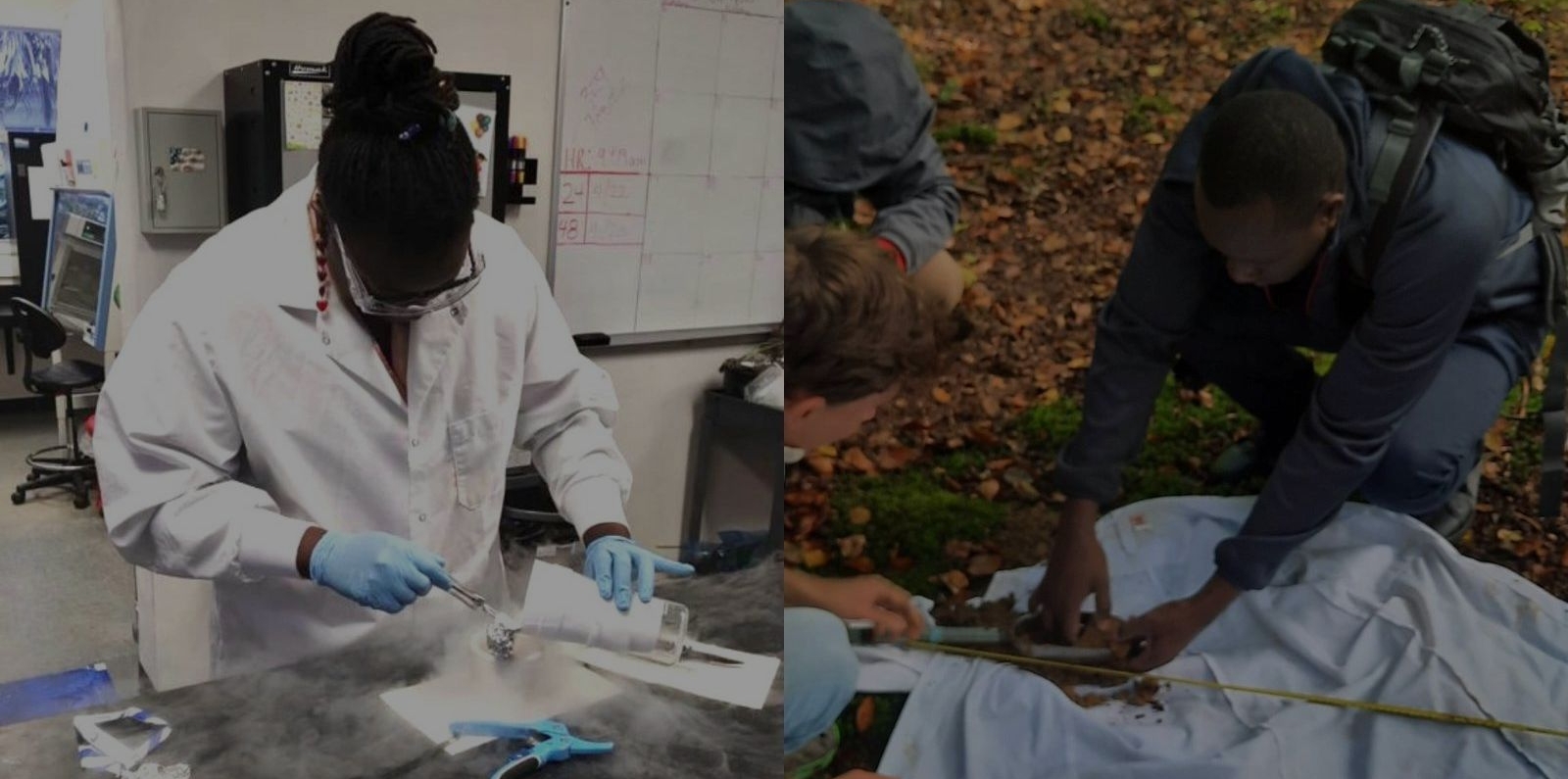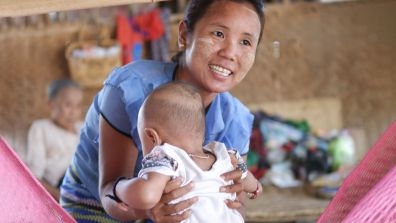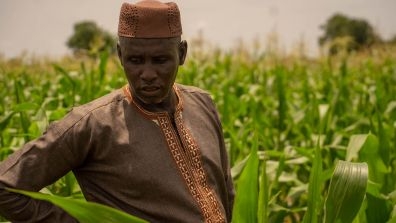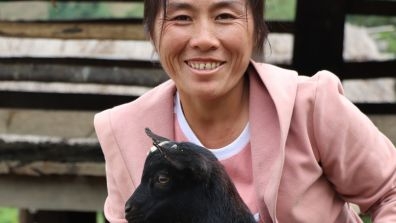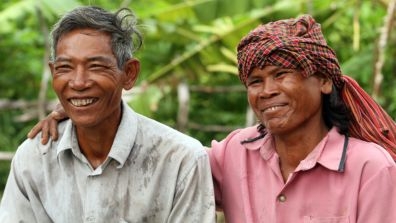This blog was originally published on the IADB website.
More than half of the population of Haiti suffers from food and nutritional insecurity. To address this challenge, in April 2018 the Haitian Ministry of Agriculture and Natural Resources (MARNDR) launched the Program for Technological Innovation in Agriculture and Agroforestry (PITAG), which will run until September 2024. PITAG aims to increase agricultural income and food security for small farmers in the departments of Nord, Nord-Est, Artibonite, Sud and Grand’Anse, thanks to the financial support from the Inter-American Development Bank (IDB), the International Fund for Agricultural Development (IFAD), and the Global Agriculture and Food Security Program (GAFSP).
Enhancing the Attractiveness of Research and Combating "Exodus of Talent"
In the area of research, training and development, the strengthening of international cooperation is seen as a crucial factor both at the institutional level and in the training of national researchers. PITAG has included funding for Haitian students to strengthen their training by completing a Master’s degree in Research in several topics. This opportunity will contribute to strengthening national skills and to the personal and career growth of nine young professionals. Indeed, in order to strengthen public institutions and universities, and better support the agricultural sector, the academic training of young people is essential. This support is even more necessary for Haiti, which is facing unprecedented waves of talent emigration due to the cycle of insecurity, violence, and the country’s economic situation. This brain drain attracts the most educated and skilled class and is a major obstacle to economic and social development, leaving public institutions and universities understaffed and struggling to recruit skilled workers.
To make the professional environment more attractive, a call for scholarship applications was issued in 2019 to Haitian universities and MARNDR staff. Among the criteria, candidates had to be over 25 years of age, have an Engineering degree from a recognized Haitian institution, and be working in Haiti. Out of 43 applications received, nine were selected at the end of the process.
The scholarship holders were hosted by partner universities in four countries: USA, France, Belgium and Spain. In most cases, the students followed a two-year Master’s program (2021-2023), and all graduated successfully. The Master’s programs covered a wide range of topics, including Climate Change, Agricultural Soils, Food Processing, Animal Nutrition, Plant Crops, Hydrology, Bioengineering, Socioeconomics and Agroecology, and each student carried out a field research program during their Master’s on a chosen topic.
Main Challenges and Prospects
Only one of the fellows was able to carry out his research work in Haiti due to insecurity, logistical difficulties, or lack of data, but all should be able to apply the methodologies and knowledge learned to serve scientific research and implement it to different scales in Haiti.
Of the nine scholarship holders, only one is a woman, reflecting the difficulty for women to gain access to higher education in fields still largely dominated by men, like Engineering. However, she is one of the three scholarship holders who distinguished themselves through their Master’s work and received a scholarship from another institution to pursue doctoral studies. As a result, three of the nine scholarship holders will pursue postgraduate studies, with the agreement of the institution where they worked in Haiti.
“The funding of this scholarship has been a cornerstone in my life, opening doors to crucial educational opportunities and serving as a role model in a sector where the presence of women often borders on the minority. Now, fortified by these experiences, my aim is to share my skills and actively contribute to research and the strengthening of agricultural institutions in Haiti. This sharing of knowledge has already begun with students at the Faculty of Agronomy and Veterinary Medicine, through courses in General Biology and Introduction to Plant Pathology. In the future, I hope to collaborate with MARNDR and all other institutions aiming at the sustainable development of the agricultural sector,” reflects Christ Mane Belizaire.
All other students have either returned to the program or institution where they were previously working or are actively seeking employment opportunities in Haiti. In fact, in order to guarantee the return of scholarship students to Haiti, an agreement was previously signed between the students and the organization where they were working in Haiti, so that they could return there after obtaining their Master’s degree.
There is a real risk, however, that this new educational baggage will enable students to join the mass exodus of skills currently underway. It is only if new graduates are offered attractive remuneration, positions of responsibility and interesting career prospects in Haiti that they will be willing to brave the challenges facing the country.
